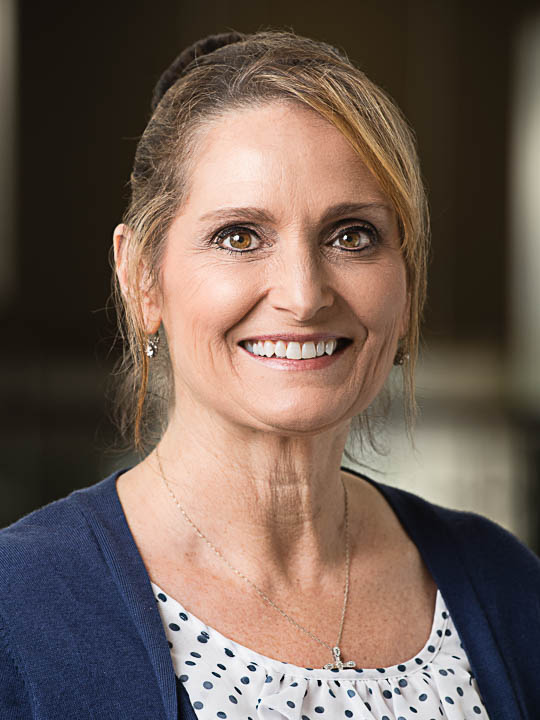
PMHNP Coordinator, Clinical Associate Professor
Education
Biography
Dr. Kerri Outlaw brings over 28 years of diverse nursing experience, having worked across various healthcare settings including obstetrics, home health, hospice, outpatient surgery, and mental health. With more than 18 years dedicated to academia, Dr. Outlaw currently serves as a full-time Associate Professor and the Psychiatric Mental Health Nurse Practitioner (PMHNP) Concentration Coordinator at the University of Alabama’s Capstone College of Nursing, located on the main campus in Tuscaloosa, Alabama. She has been a valued member of the University of Alabama faculty since 2022.
Dr. Outlaw is an active member of several professional organizations, including the American Nurses Association (ANA), Sigma Theta Tau International Honor Society of Nursing, Alabama State Nurses Association (ASNA), National Organization of Nurse Practitioner Faculties (NONPF), and the American Psychiatric Nurses Association (APNA).
As a licensed and practicing Nurse Practitioner, Dr. Outlaw holds a multistate license, allowing her to provide care across multiple jurisdictions.
Her educational background includes a Bachelor of Science in Nursing (BSN) from Troy State University (Troy, AL), a Master of Science in Nursing (MSN) as a Clinical Nurse Specialist from Troy University, and a Doctor of Nursing Practice (DNP) from Troy University. She further expanded her expertise by completing a post-graduate certificate in Psychiatric Mental Health Nurse Practitioner at the University of Alabama (Tuscaloosa, AL).